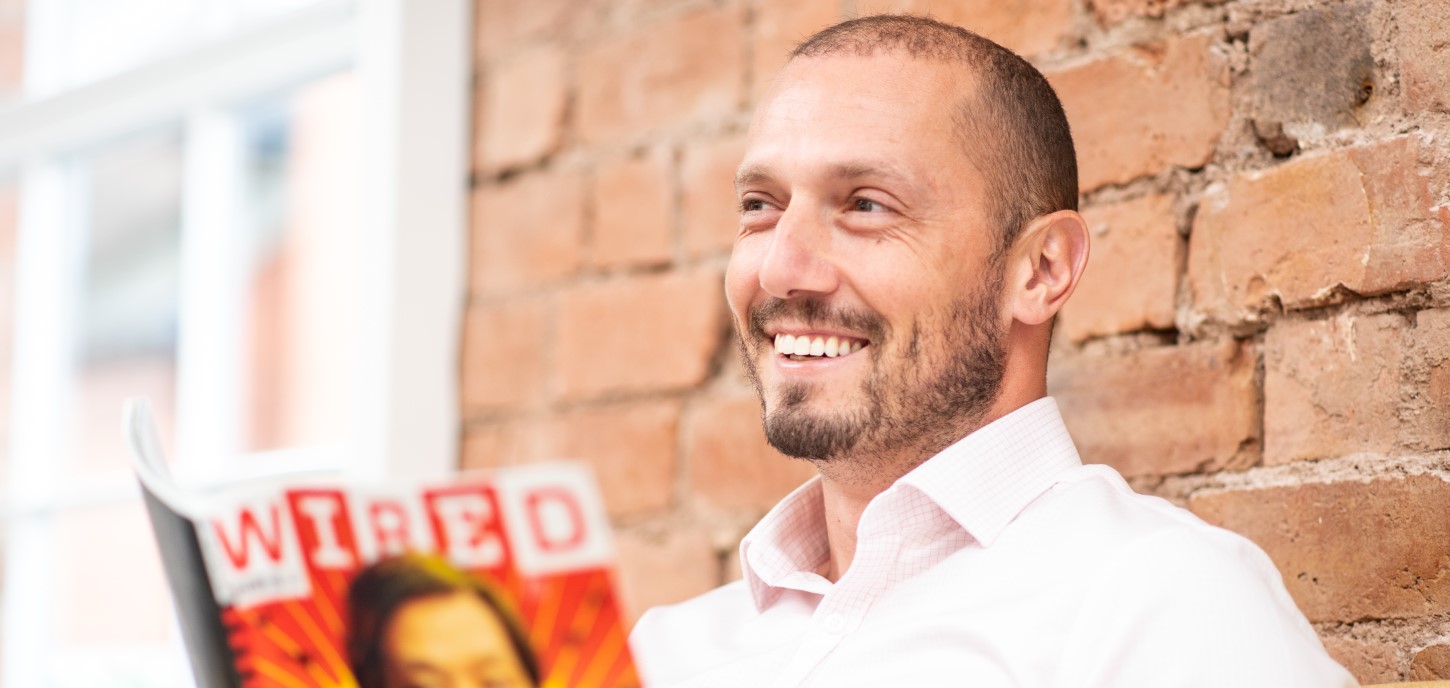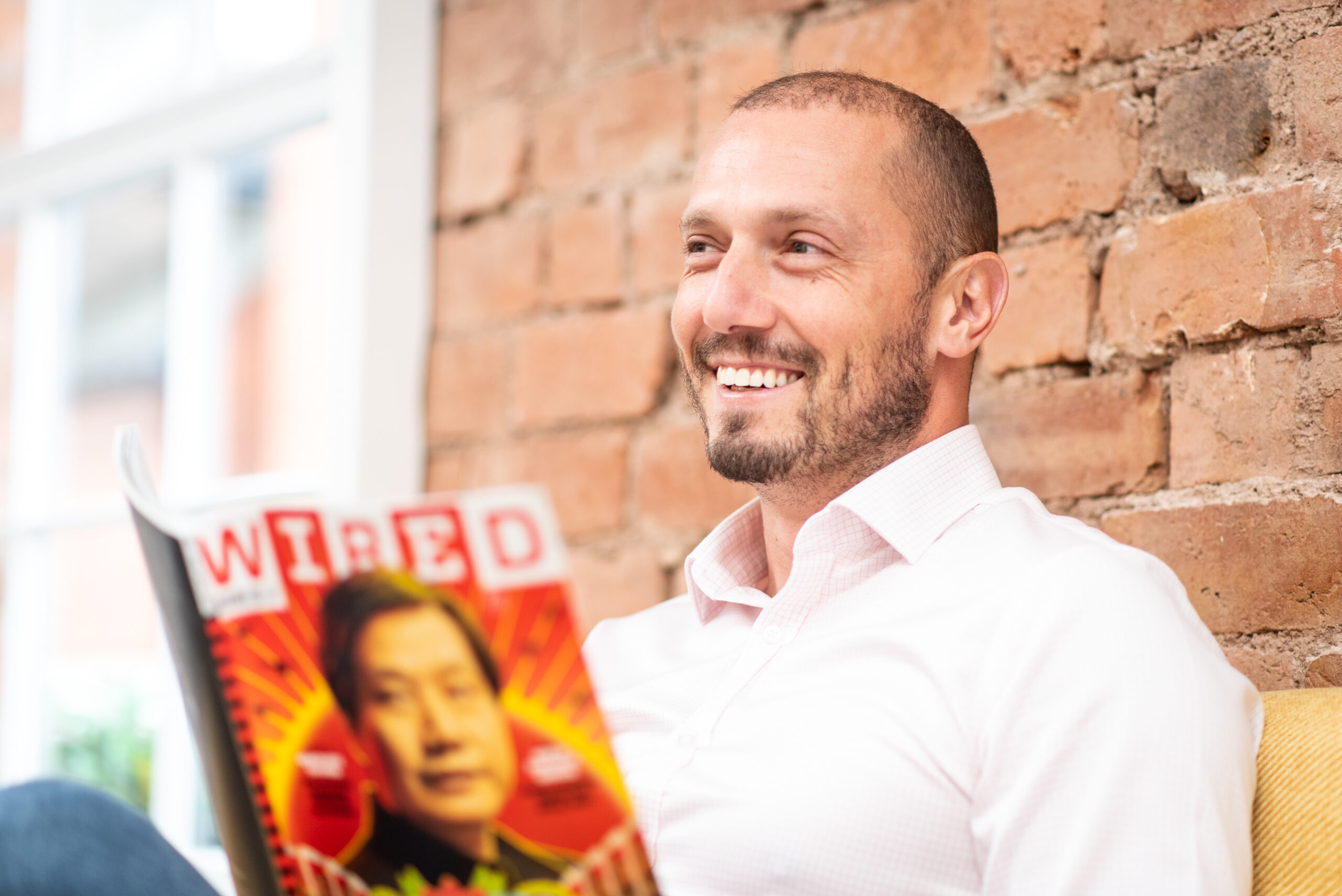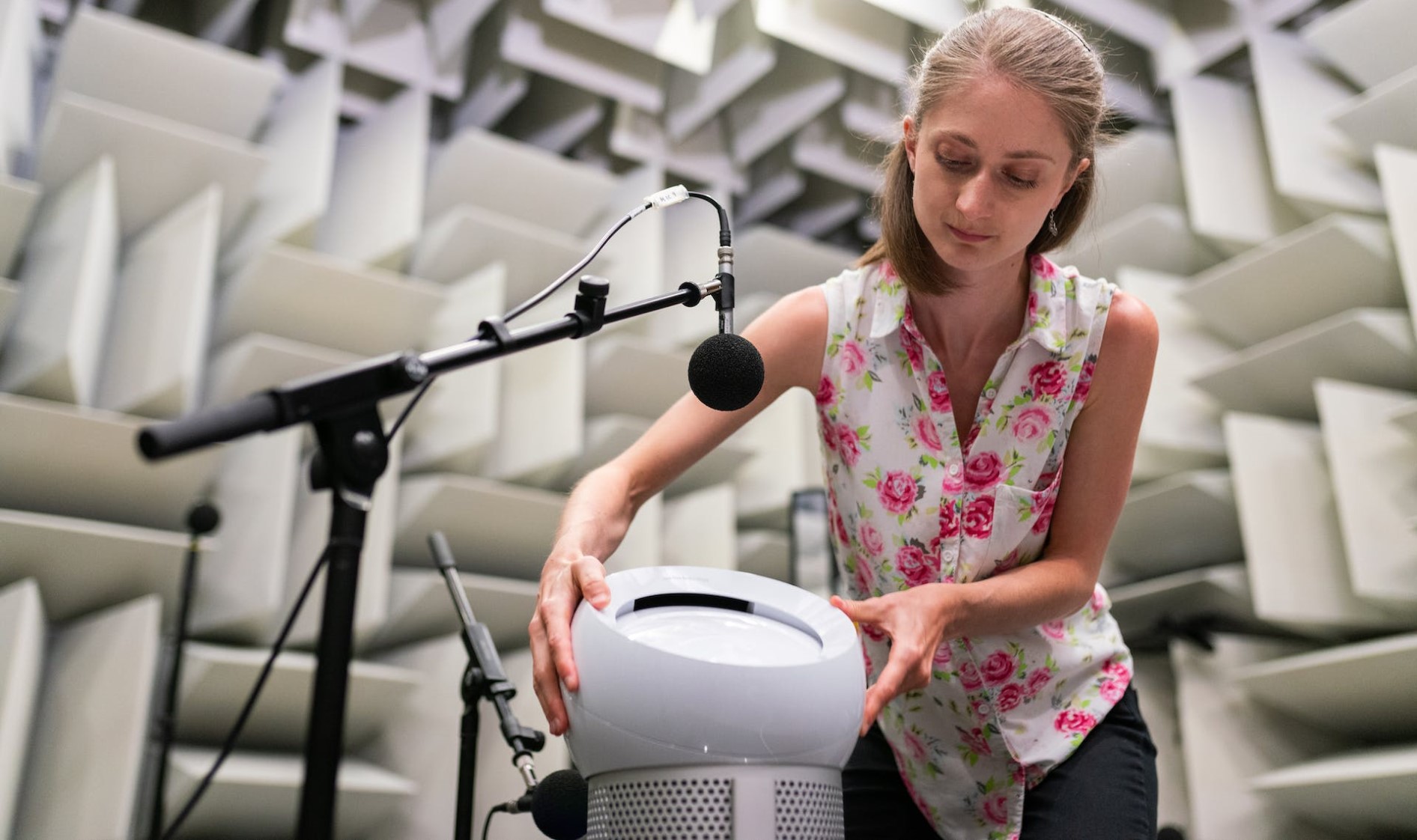Why does AI-created IP cause an issue?
To resolve the question of how to deal with AI-created intellectual property (IP), we simply need to look at the original purpose of IP.
The ownership of IP is derived from its creator; whether that’s patents, copyright, designs, trade marks or anything else. Generally the original creator – or creators – owns the IP rights unless there is some contract to the contrary. For example, IP ownership clauses are common in employment contracts and contracts with external designers. In some countries, including the UK, patent law automatically moves IP ownership to employers without the need for an explicit clause in their contracts.
What happens when AI creates IP?
There’s some debate on whether this is currently possible. However whether it can happen now or in the future is a question that’s already being asked. Dr Stephen Thaler has applied for patents around the world naming his AI, Dabus, as the inventor. In the UK and Europe, these applications have been rejected for what amounts to technicalities around the ownership or inventorship.
Both the UK courts and EPO agree that an inventor must be a natural person with legal personality. For instance someone that can enter contracts, own property, sue and be sued – and so AI cannot be the inventor.
Without an inventor, there is no mechanism to recognise an owner of the IP.
Why is the definition of an inventor an issue?
The core purpose of recognising IP is to encourage the sharing of innovation and creativity whilst protecting the investment. Put simply, if a person or company spends time, money and effort developing a new idea, IP law allows them to share it widely for commercial and educational purposes, whilst protecting them from copycats who wouldn’t have to make the same investment.
Where there is no recognised owner of IP, anyone can use it once it’s in the public domain. AI doesn’t act in a vacuum. It still needs humans to control it and set it to particular tasks. The absence of a recognised owner creates a risk for an AI controller in sharing their ideas.
Utilising AI as a piece of equipment
The answer is not the AI. Instead, AI can be seen as another tool employed by companies and individuals in their work. Much as CAD has become ubiquitous for engineers, AI can become ubiquitous in the future.
It will be the companies and individuals who own the AI machine that have to make the investment in the AI, and will have control of whether or not to share the outputs of the AI.
Protecting AI output in IP law
The answer to protecting AI output already lies in the UK Copyright Designs and Patents Act (CDPA). Section 9(3) of this act says “In the case of a literary, dramatic, musical or artistic work which is computer-generated, the author shall be taken to be the person by whom the arrangements necessary for the creation of the work are undertaken”.
In other words, the person who sets up the computer and sets it running is the creator. Therefore they are the first owner of the copyright.
It seems a relatively simple step to extend this provision to all types of work – not just literary, dramatic, musical or artistic work. The person who sets the AI a particular task, and makes it possible for the AI to complete that task, is the inventor. This can then be treated as any normal invention, and provides the necessary encouragement and protection to that person (or their employer).
This solution avoids all the questions about whether or not AI can – or will ever be able to – invent. The section of the CDPA was written in 1988, so there’s no reason it couldn’t be implemented now, to future proof this part of UK IP law.
I hope you agree that Oliver’s suggestions are relatively easy to fit into IP law. Barker Brettell has extensive experience of working with AI technology and encourage inventors to discuss further. We’d be happy to introduce you to Oliver to chat about protecting your IP from AI-generated content. Get in touch.






